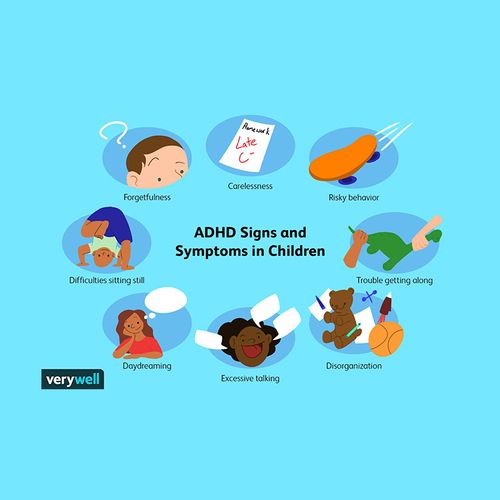A combination of behavioral therapy and medication may be the best way to treat children who have attention deficit hyperactivity disorder (ADHD). It might even help them lower their medication dosage, researchers conclude.
The Study
University at Buffalo researchers studied 27 children, ages 6 to 12, who had ADHD. They found that, when used separately, behavior modification and a new methylphenidate (MPH) drug patch were equally effective. Methylphenidate is the stimulant used in pill form in the ADHD medications Concerta and Ritalin.
Combined treatment using behavior modification and the MPH patch was more effective than either treatment alone, the researchers say.
The researchers found the psychotherapy drug combination reduced the amount of medication the children needed by two-thirds.
"One of the major findings of the study is that when using behavior modification, you can get away with tiny, tiny doses of medication, much lower than previously thought," says ADHD researcher William E. Pelham, Jr., distinguished professor in the department of psychology, Being able to use lower medication doses reduces the risk of long-term side effects, he adds. Into The Nemours Foundation has more in.
formation about ADHD at http://kids bealth.org/teen. Click on "Diseases & Conditions," and scroll down to "Learning Disorders."
Nature Helps ADHD The great outdoors may provide tremendous benefits to children who have attention deficit hyperactivity disorder (ADHD), suggests a University of Illinois at UrbanaChampaign study.
The nationwide study of more than 400 5- to 18-year-old children who had ADHD found that spending time enjoying nature led to a significant reduction in their symptoms.
"The advantage of 'green' outdoor activities was observed among children living in different regions of the United States and among children living in a range of settings, from rural to large city environments," say study authors Frances E. Kuo and Andrea Faber Taylor.
Kuo says "nature treatments" for ADHD symptoms-which affect one in 14 children could be as simple as designing a greener route to school, building in outdoor playtime or making sure kids have a view of the natural world when they do their homework.
"I think we're on the track of something really important, something that could affect a lot of lives in a substantial way," Kuo says.
Ritalin Boosts Brain Activity
Ritalin increases brain activity in children who have attention deficit hyperactivity disorder (ADHD) or who have a reading disorder, say Yale University researchers.
The scientists say that both ADHD and reading disorders appear to be associated with a problem in the attention circuitry in the brain. Ritalin seems to normalize the activation of this brain system.
The study included 27 teens, aged 14 to 18 years, who had either ADHD or a reading disorder. They were randomly assigned to receive either Ritalin or a placebo, and then perform listening or reading tasks as their brain function was monitored using functional magnetic resonance imaging (MRI).
The children who were given a placebo had less activation of the part of the brain involved with cognition and behavior.
But in those given Ritalin, this part of the brain was as active as in children who do not have ADHD or reading problems.
